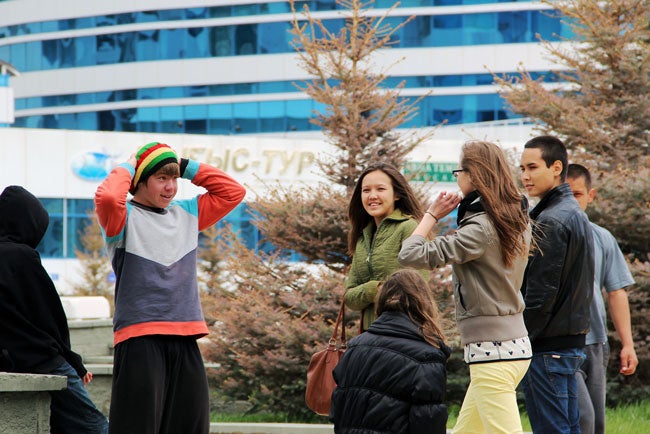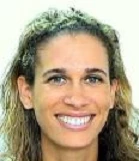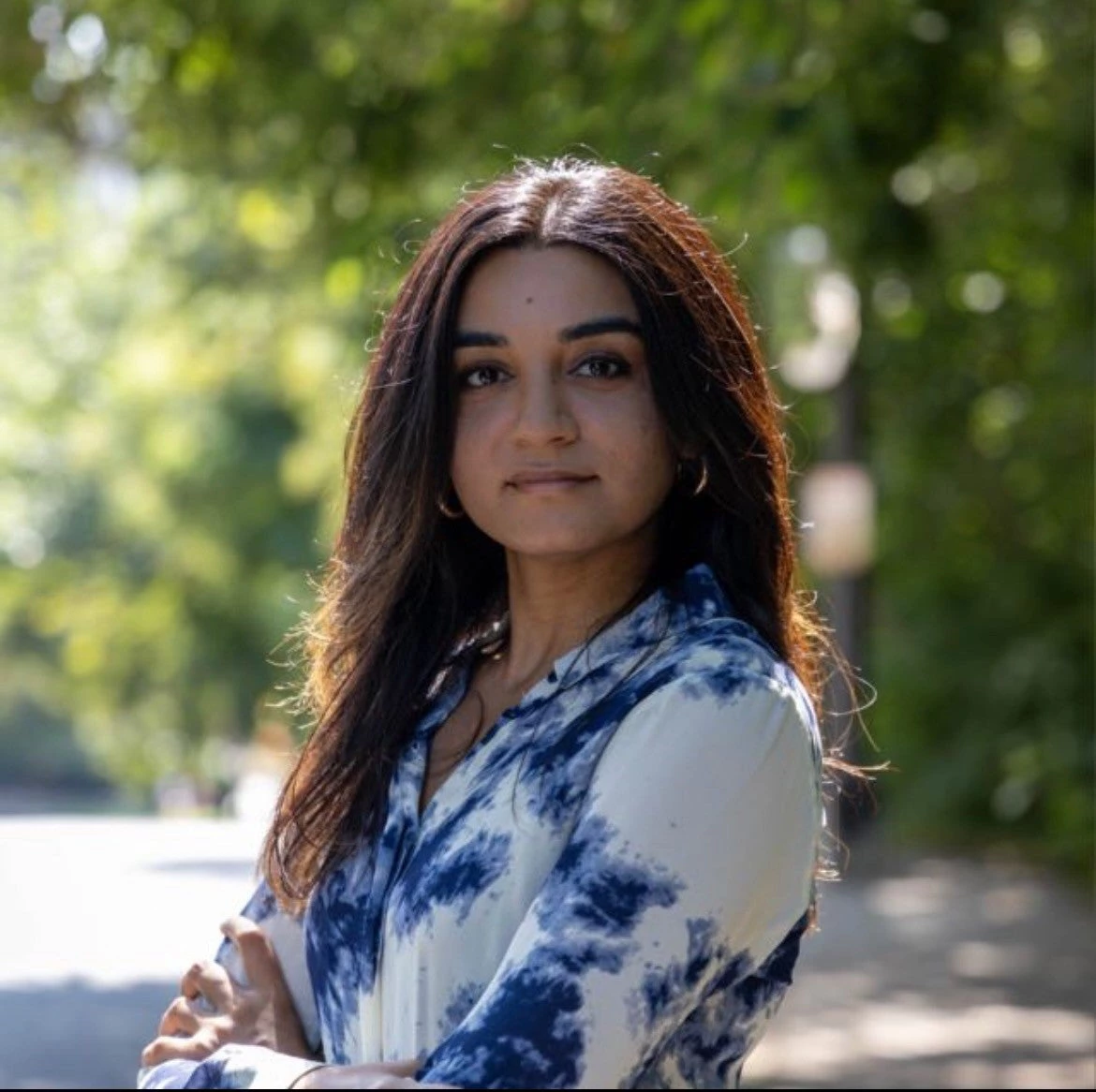
(Gulbakyt Dyussenova/ World Bank)
"In some parts of the world, students are going to school every day. It's their normal life. But in other parts of the world, we are starving for education... it's like a precious gift. It's like a diamond…"
The voices of children in Time for School: 2003 – 2016, a documentary following five youth over 12 years in India, Brazil, Kenya, Afghanistan, and Benin as they strive to attain a basic education, is clear. The stories of these young people remind us that achieving learning for all is not only a global commitment but also a deeply personal struggle faced by millions of children around the world.
Children like Shugufa Sohrabi, an Afghani girl profiled in Time for School. Shugufa enrolls in school at age eleven following years in a Pakistani refugee camp after her family fled Taliban violence in Afghanistan. In the film she asserts, “I always want to study.”
Children like Nanavi Todénou from Benin, the first girl in her family to enroll in school. Nanavi struggles to continue with her education when her father dies and the family faces the difficult and life-changing choice between school or marriage for Nanavi.
The challenges faced by Shugufa and Nanavi stay with you long after watching but, unfortunately, their struggles are not unique. These challenges are among the many faced by approximately 124 million children out of school, and the millions of children who start school but never complete their education.
Education is a fundamental human right. The world recognizes the power, privilege, and economic benefits of a quality education to enable individuals to lead healthy, productive lives and to foster social cohesion and inclusion as well as economic growth. We collectively recognize the need to invest in early development and learning to ensure children can reach their full potential.
Global support
Global leaders reemphasized the importance of education and a collective commitment to the Sustainable Development Goal 4 on Quality Education (SDG4) and the Education 2030 Framework for Action. The global commitment to the SDG4 is not only supported by government action and the work of the development community, but also through a robust global evidence base about what ‘works’ in education and the ever-increasing availability and use of data.
However, there’s an urgency for new approaches (see the Global Education Monitoring Report 2016 and The Learning Generation). On current trends, only 70 percent of children in low income countries will complete primary school in 2030. Given the present trends, in 2030, only one out of 10 young people will be on track to gain basic secondary-level skills in low-income countries. The latter highlights that: “The number of international migrants, many of whom will have been denied the opportunity to acquire skills, is estimated to grow to around 400 million people by 2050. With education critical to resilience and cohesion, the dearth of skills will increase vulnerability to shocks and the risks of instability across the world.”
Challenges now and ahead
Many of the challenges are clear. Others, such as the impact of gender-based violence including in, though no limited to, school or Menstrual Hygiene Management, require further attention, research, and support. What is evident is that the solutions and how to deliver on a global promise in a rapidly evolving and shifting world require a collective focus and urgency.
Given this, the theme for this year’s World Bank Group Youth Summit could not be more timely and relevant: Rethinking Education for the New Millennium. Who better to explore the challenges and seek actionable solutions than those who own the future?
The four sub-themes that the Youth Summit will explore include: innovation and technology in education; skills for the new economy; gender equality in education; and education in crisis zones. These topics are indeed imperative to address the education challenges facing young people, families, communities, governments, and the international community.
Youth voices
On November 14 and 15, the Youth Summit will seek to give youth an active voice in creating the vision for the future of education. With over 400 participants expected in Washington, D.C. and thousands participating online from across the world, there will be many opportunities to connect and think of viable solutions.
On the second day, selected participants will have the opportunity to pitch their innovative ideas to transform education.
While the challenges are daunting, the solutions and actions for change are within our reach and, arguably, no group is better placed to be the thinkers and change-makers for a better tomorrow than those who will lead the future.
Get regular updates on the World Bank’s work on education on Twitter and Flipboard.
Visit the World Bank’s education website.
Read about youth and the World Bank.



Join the Conversation